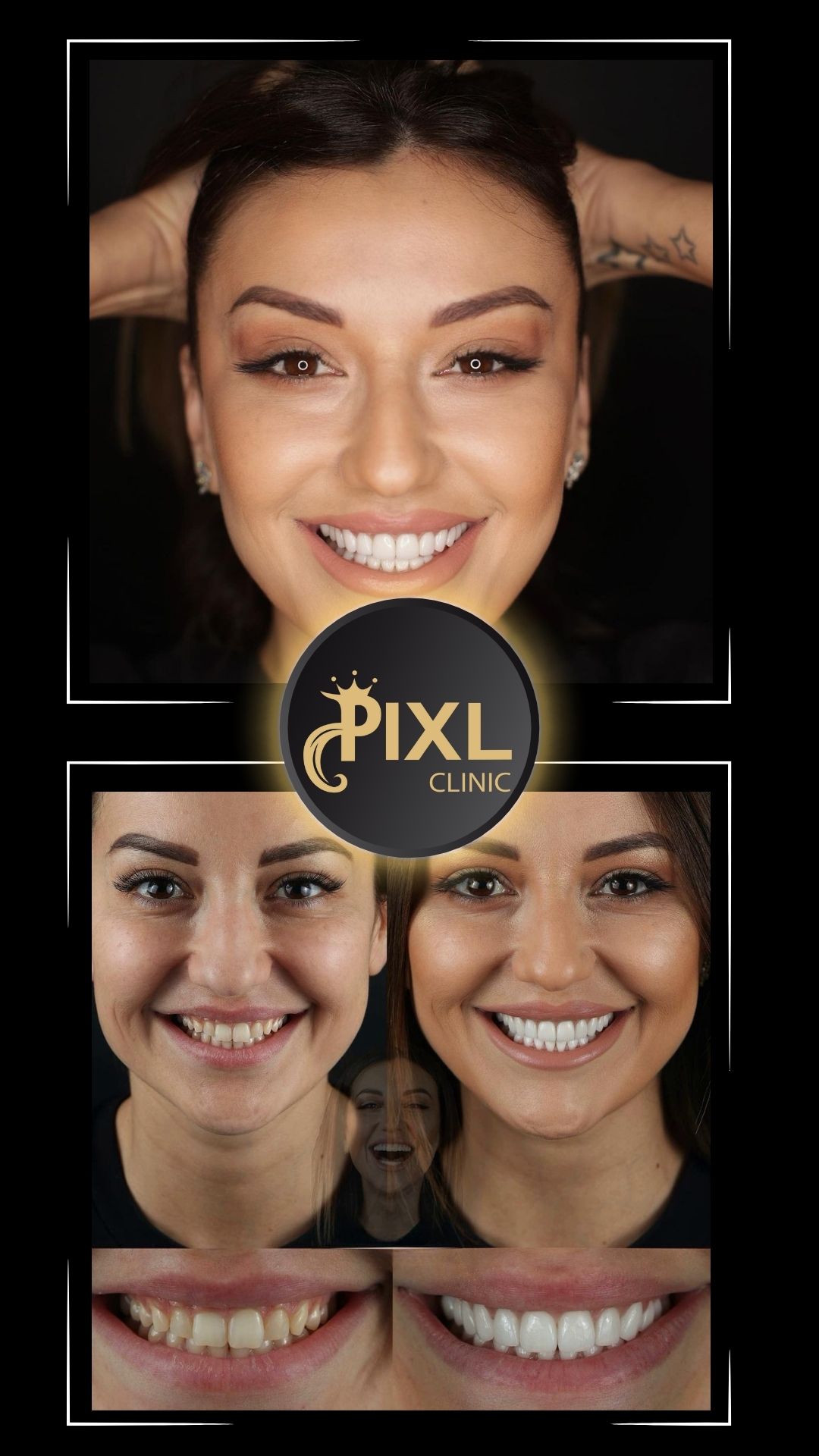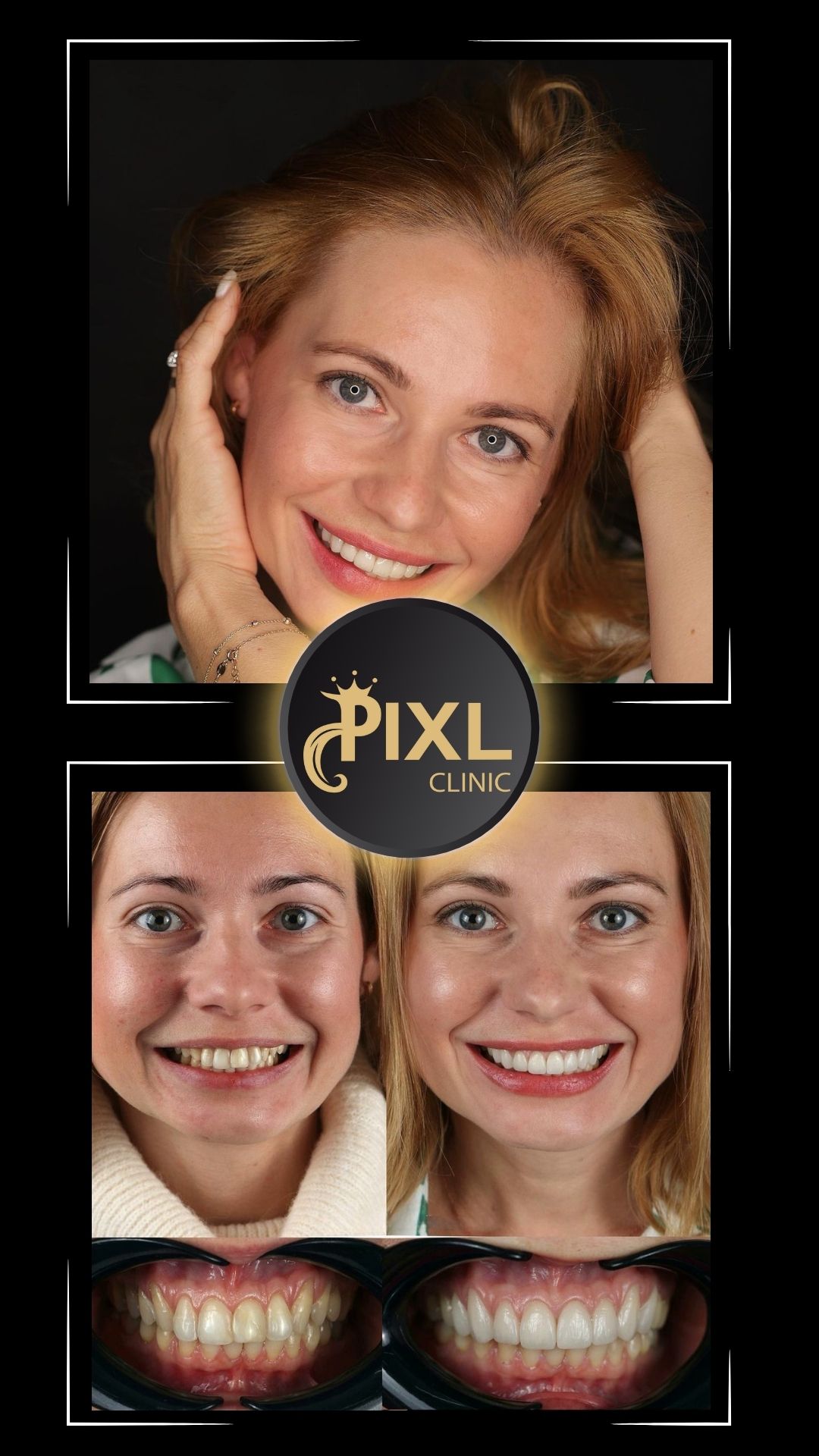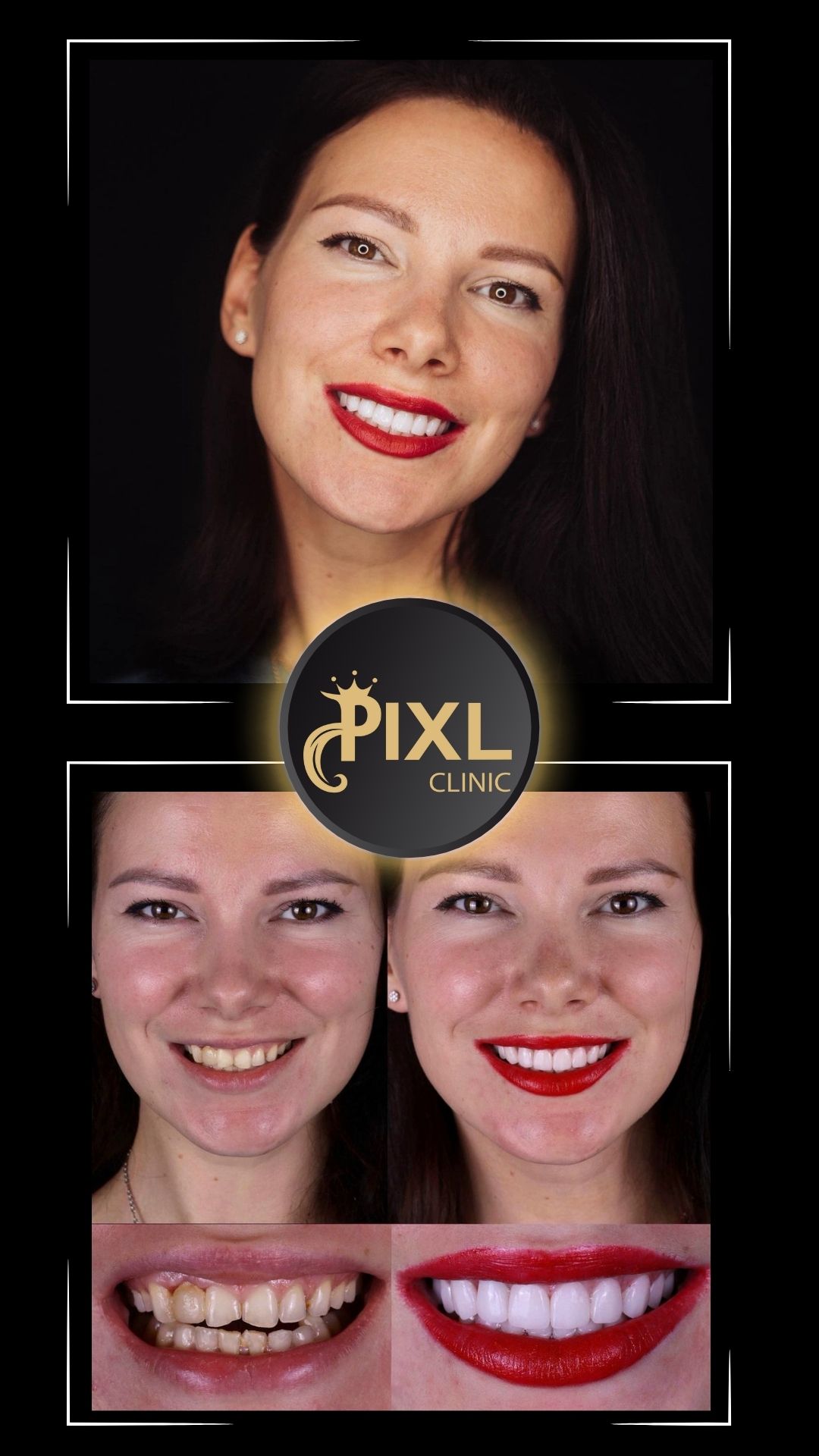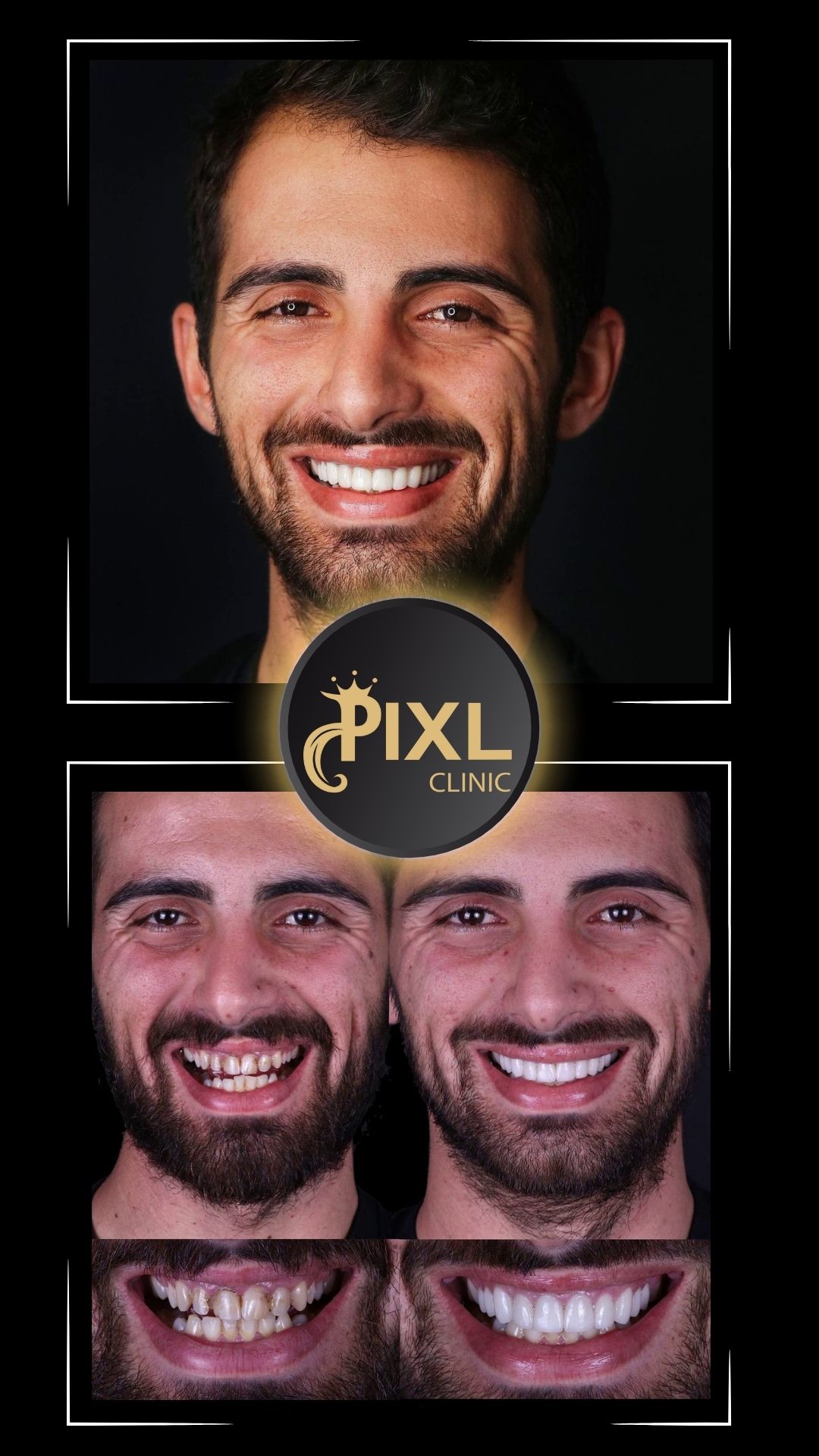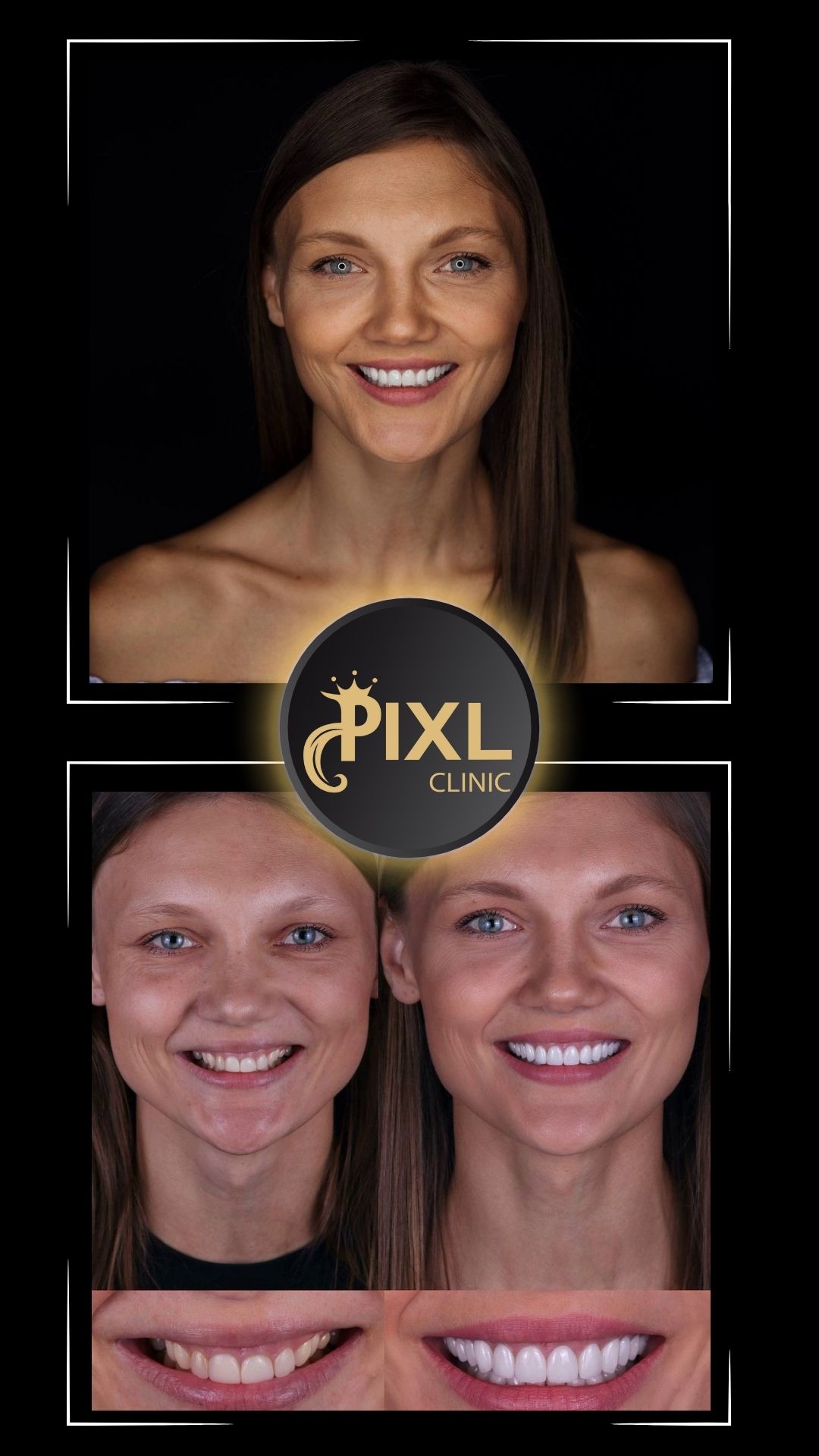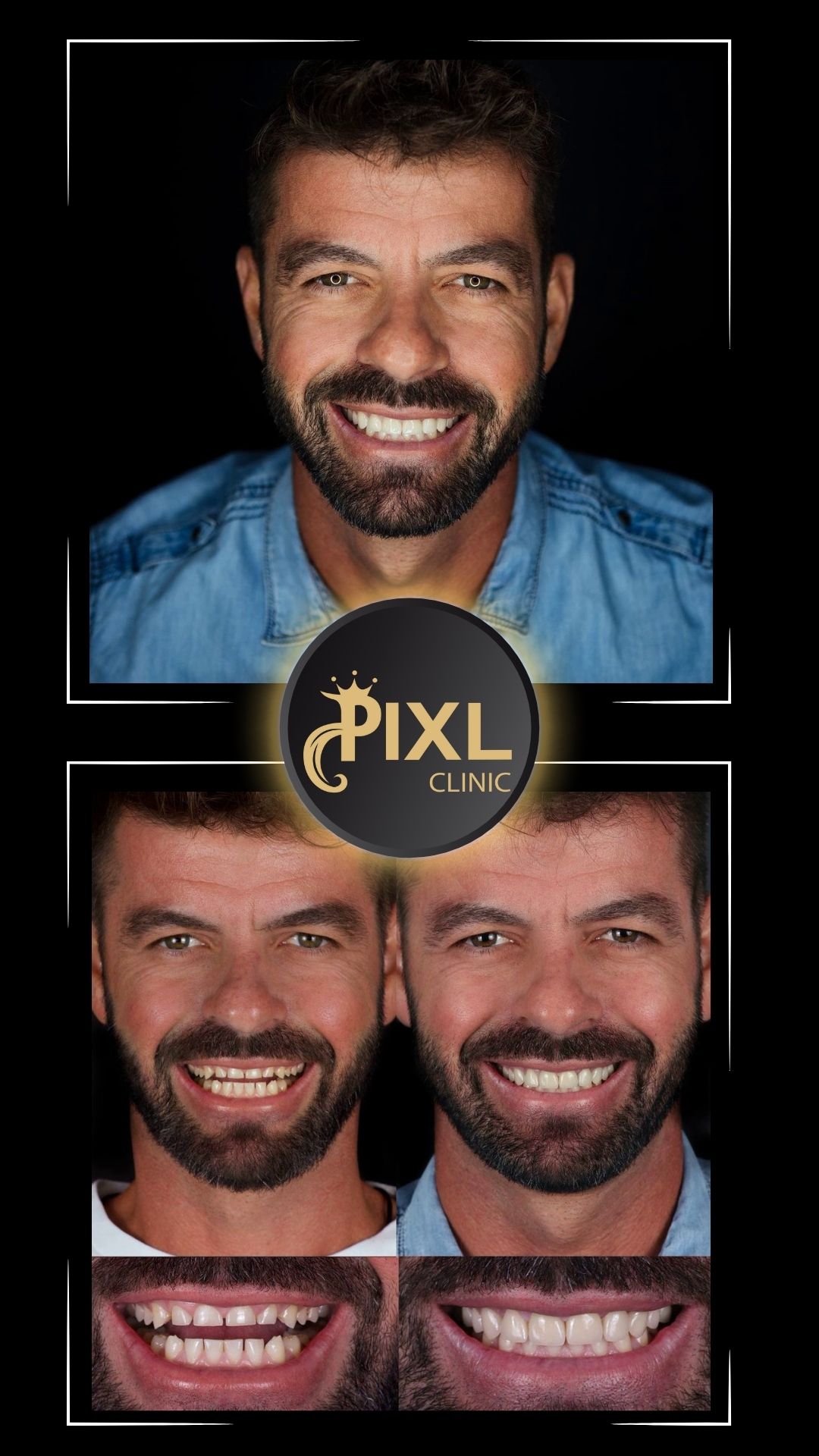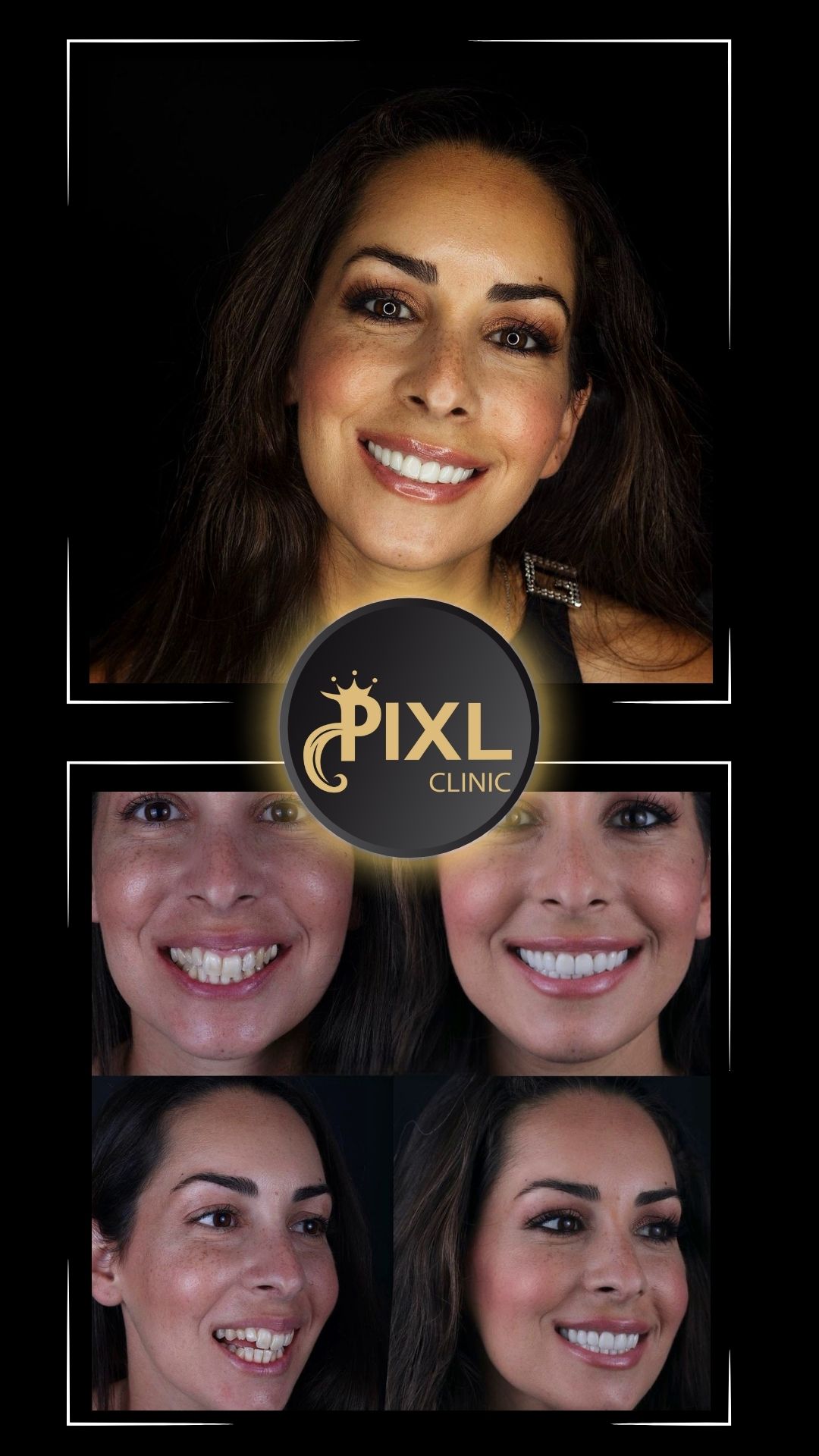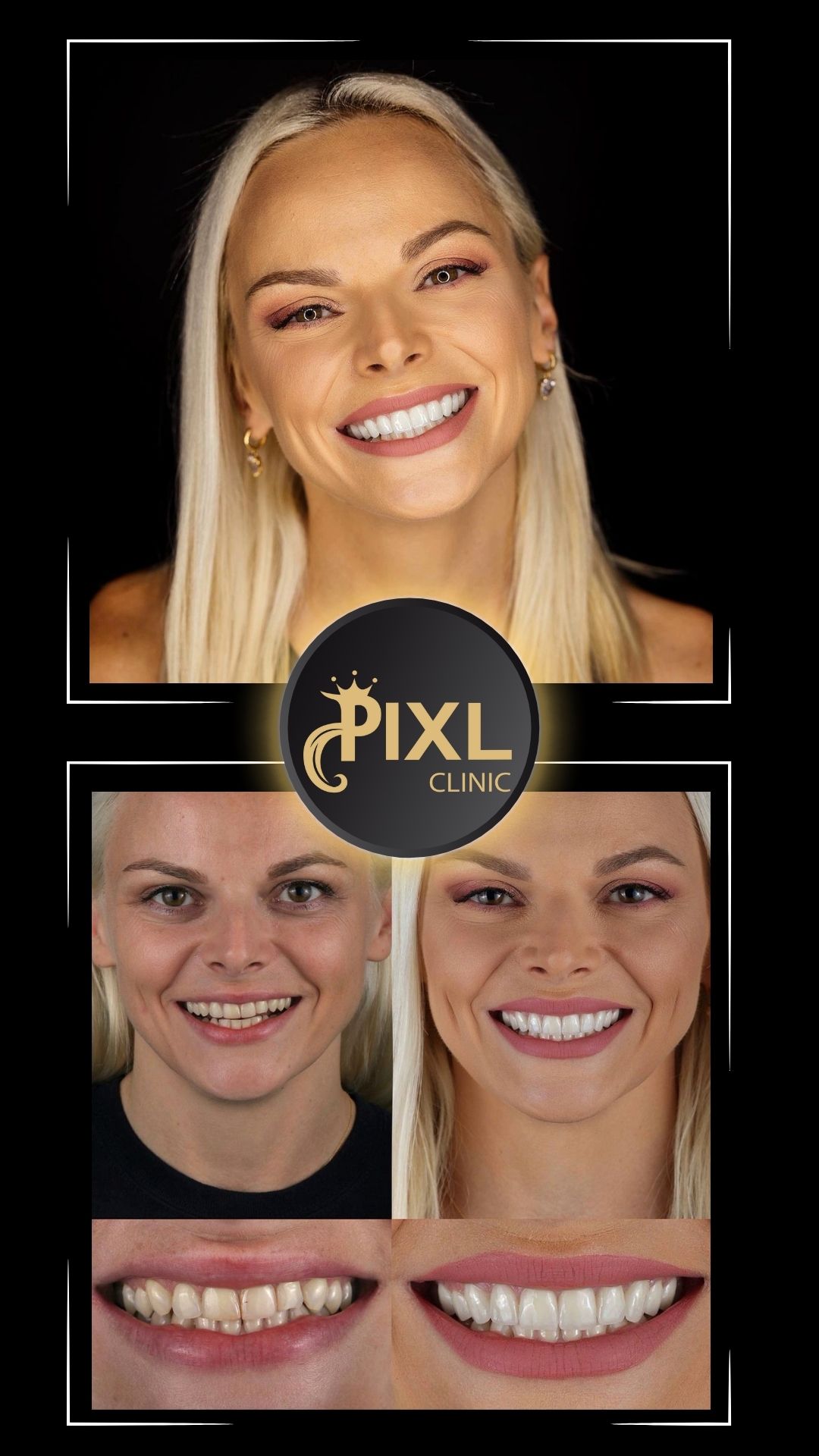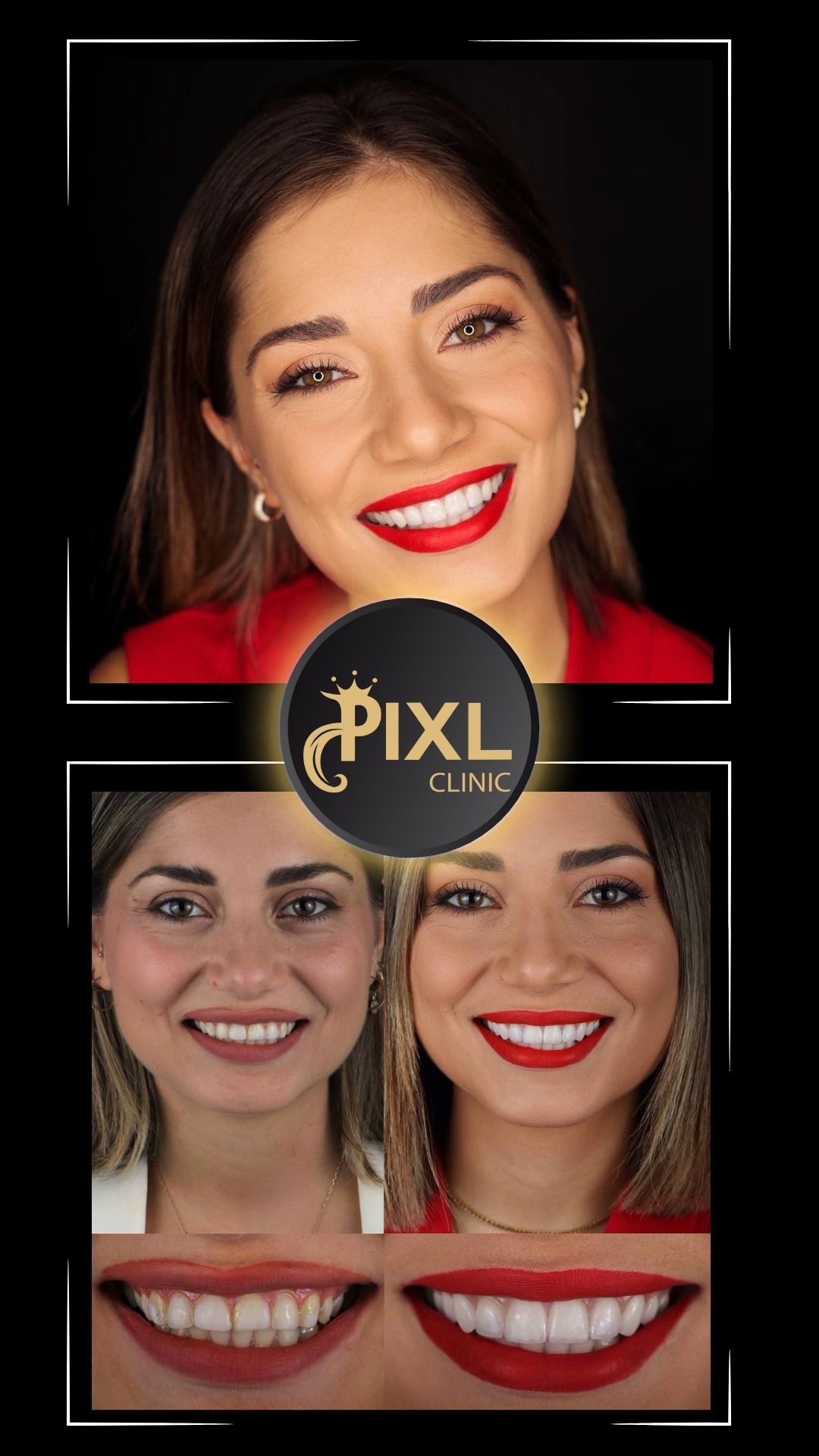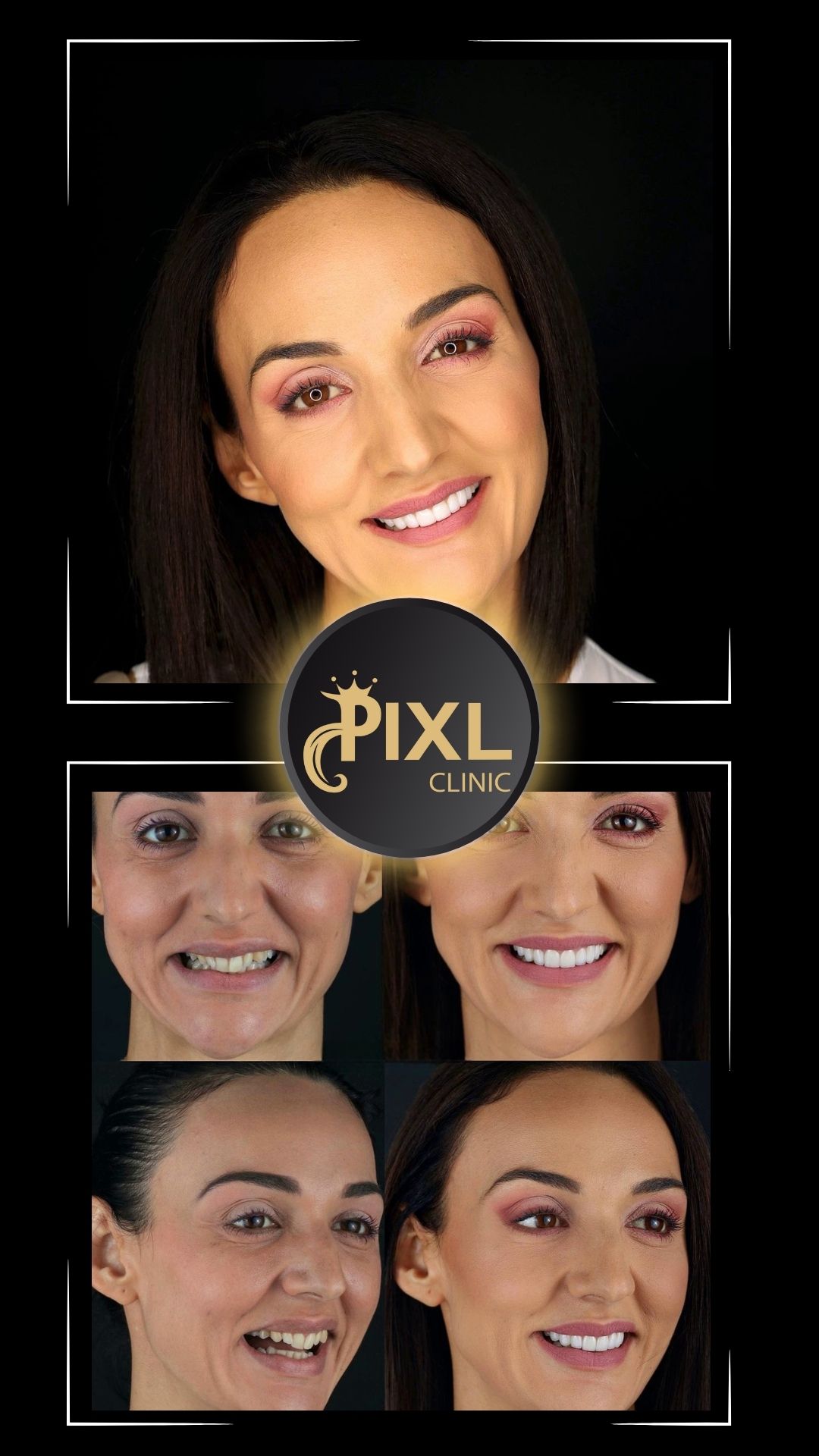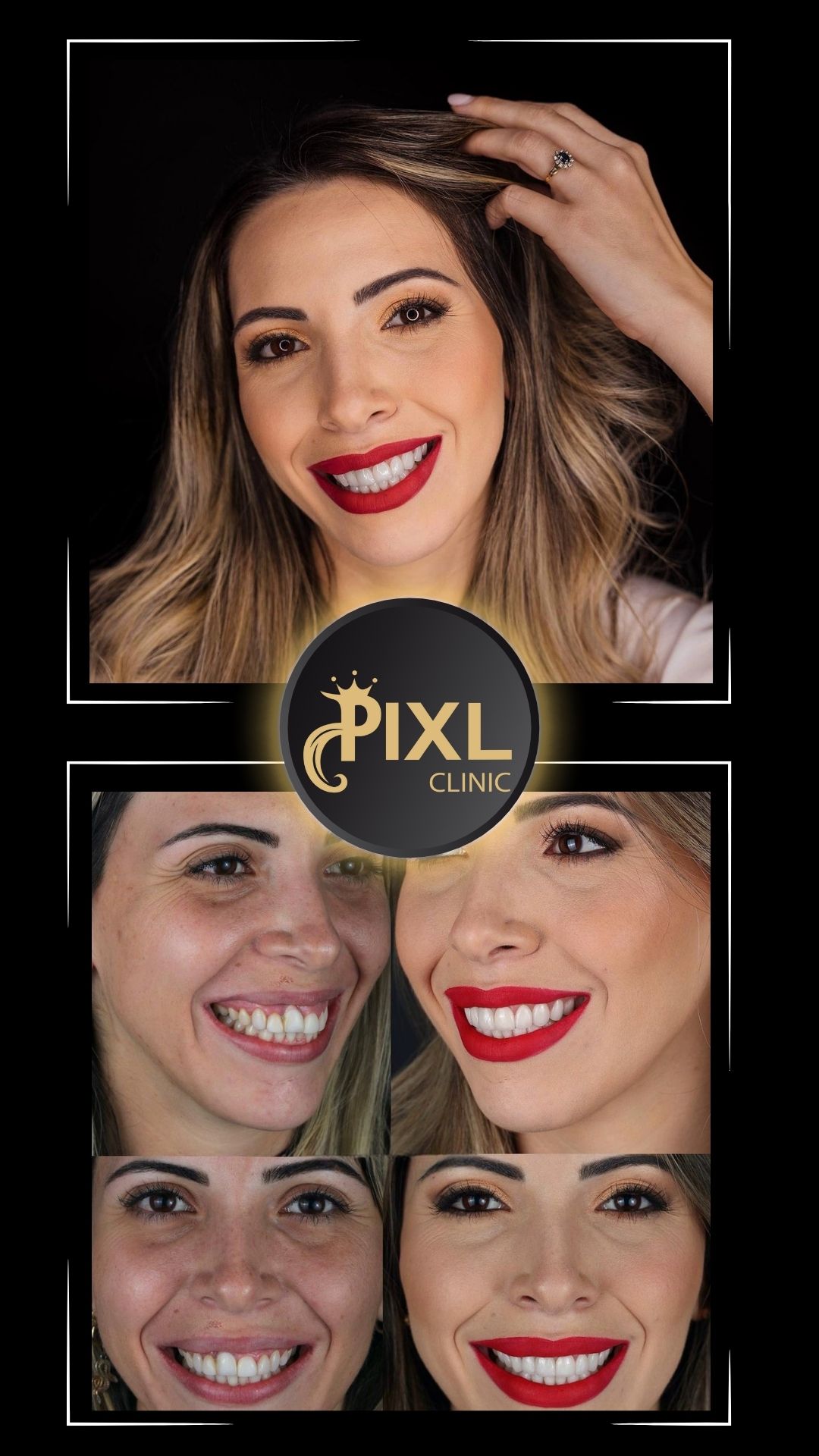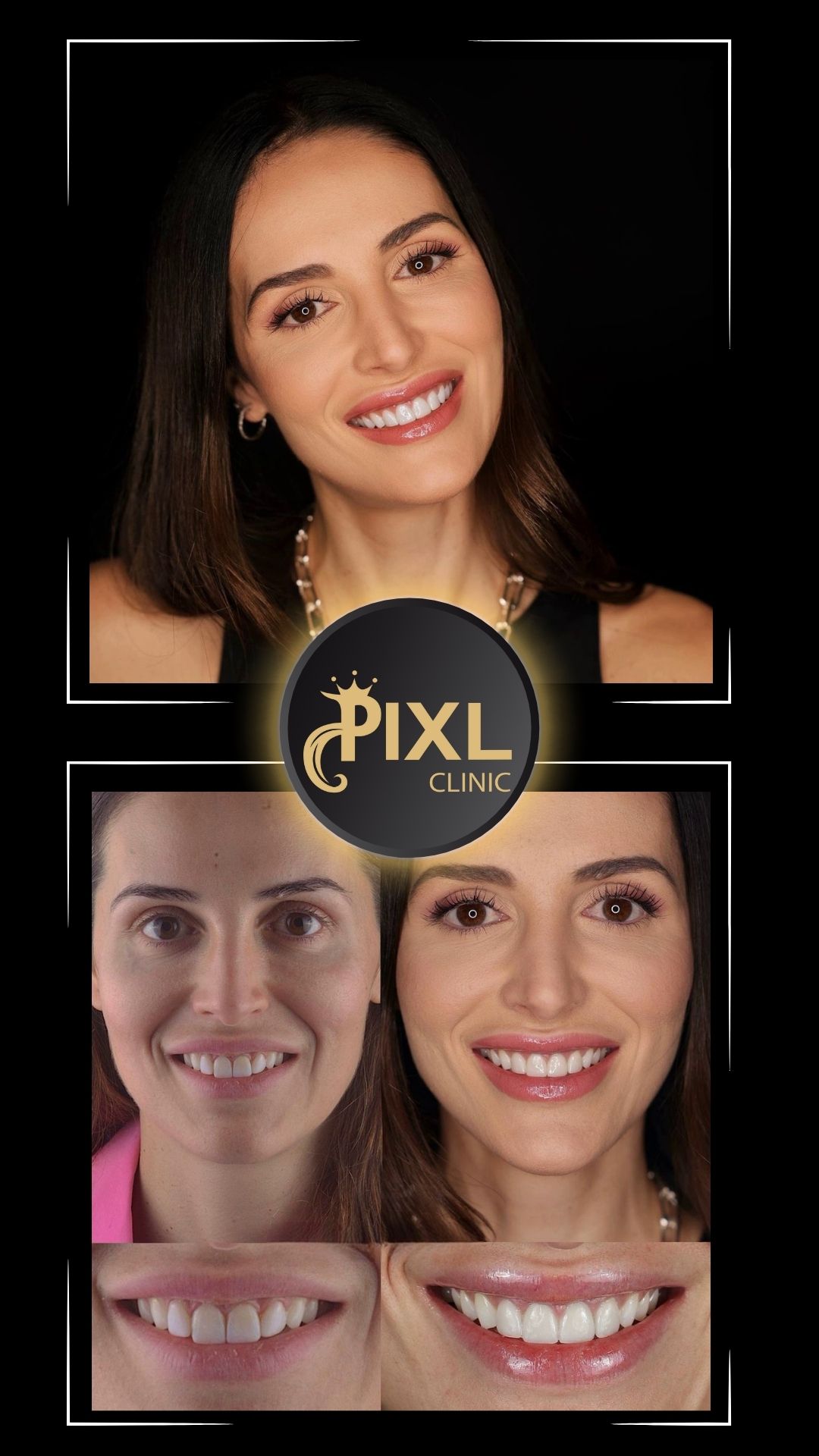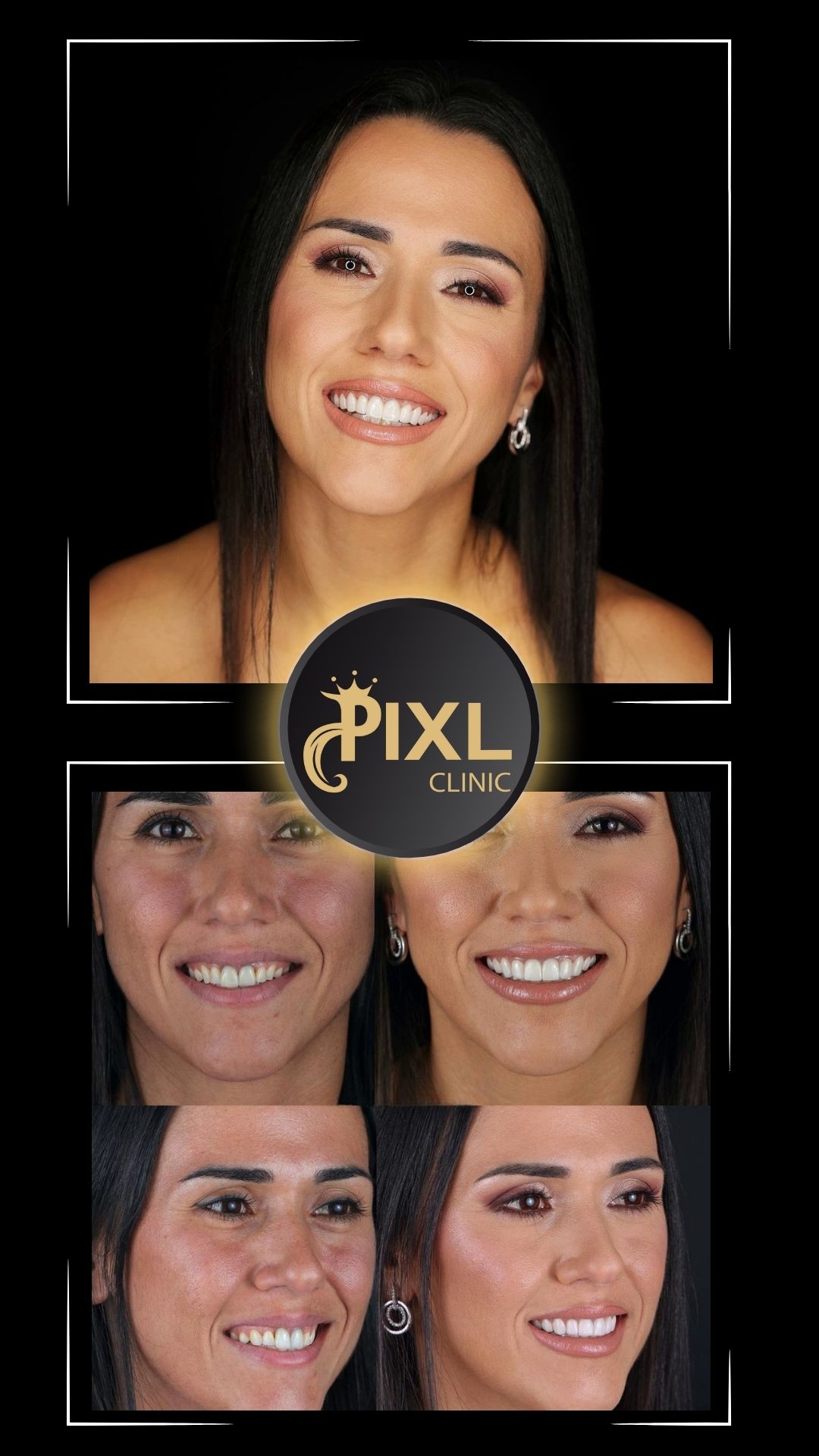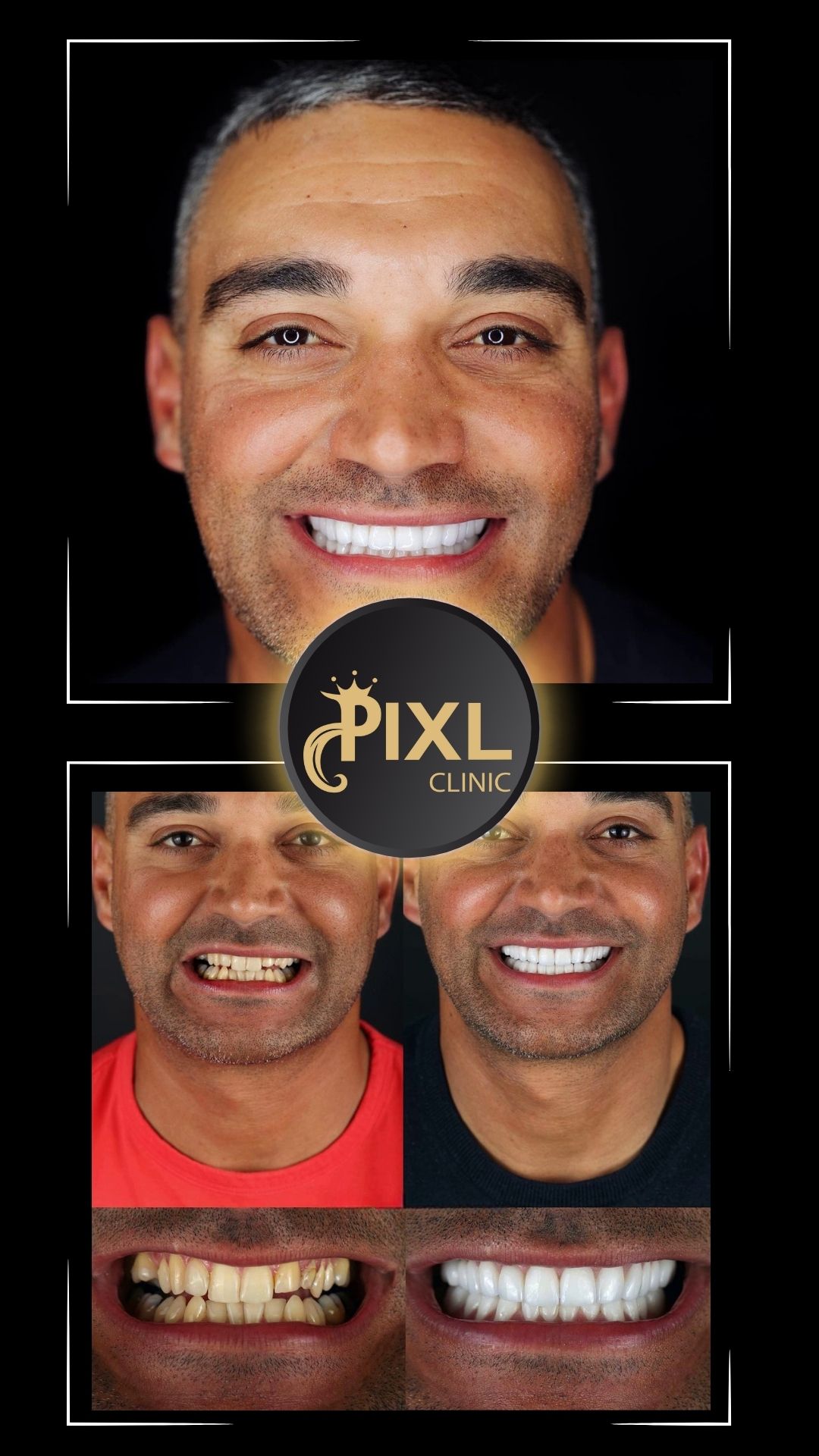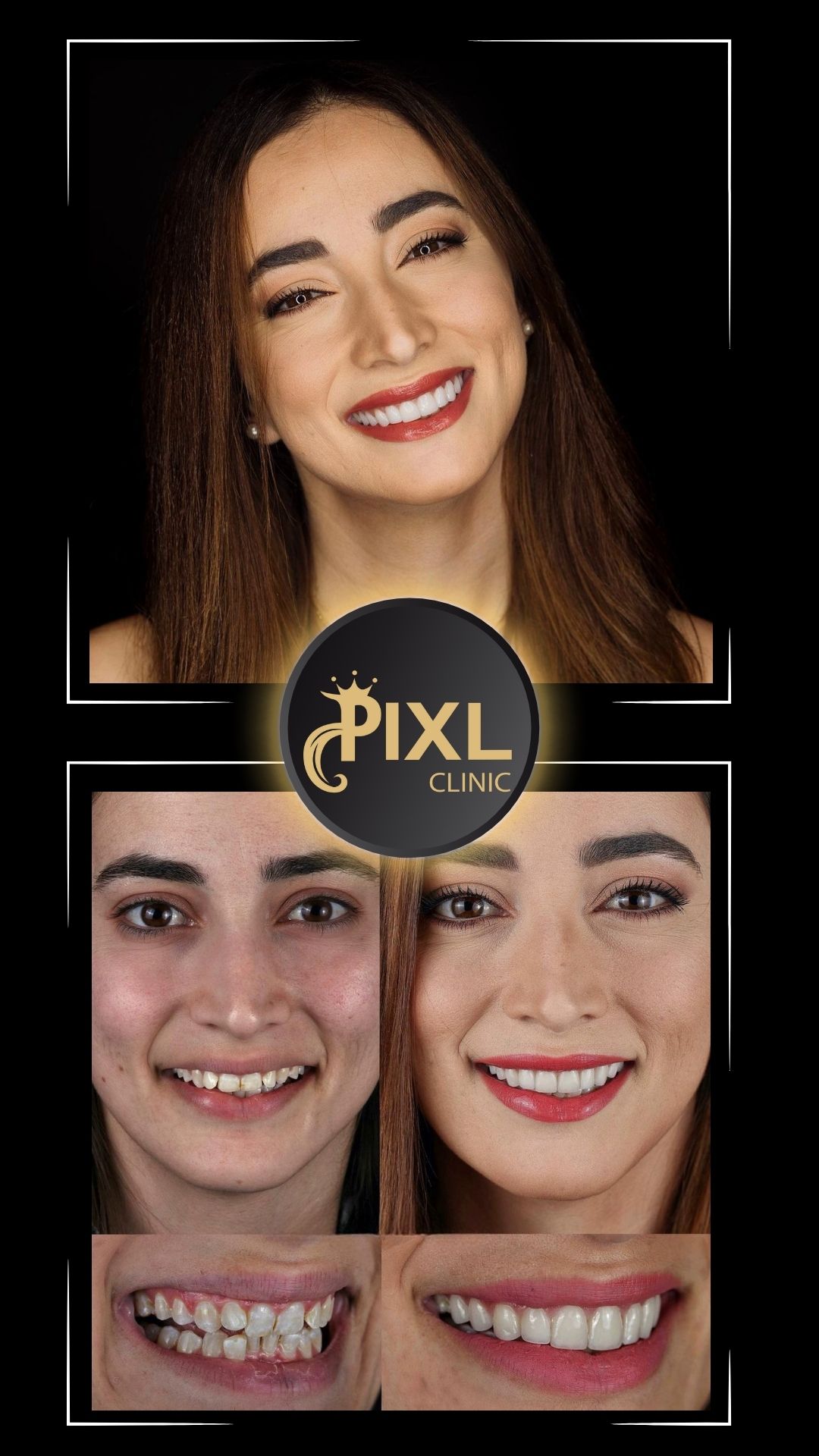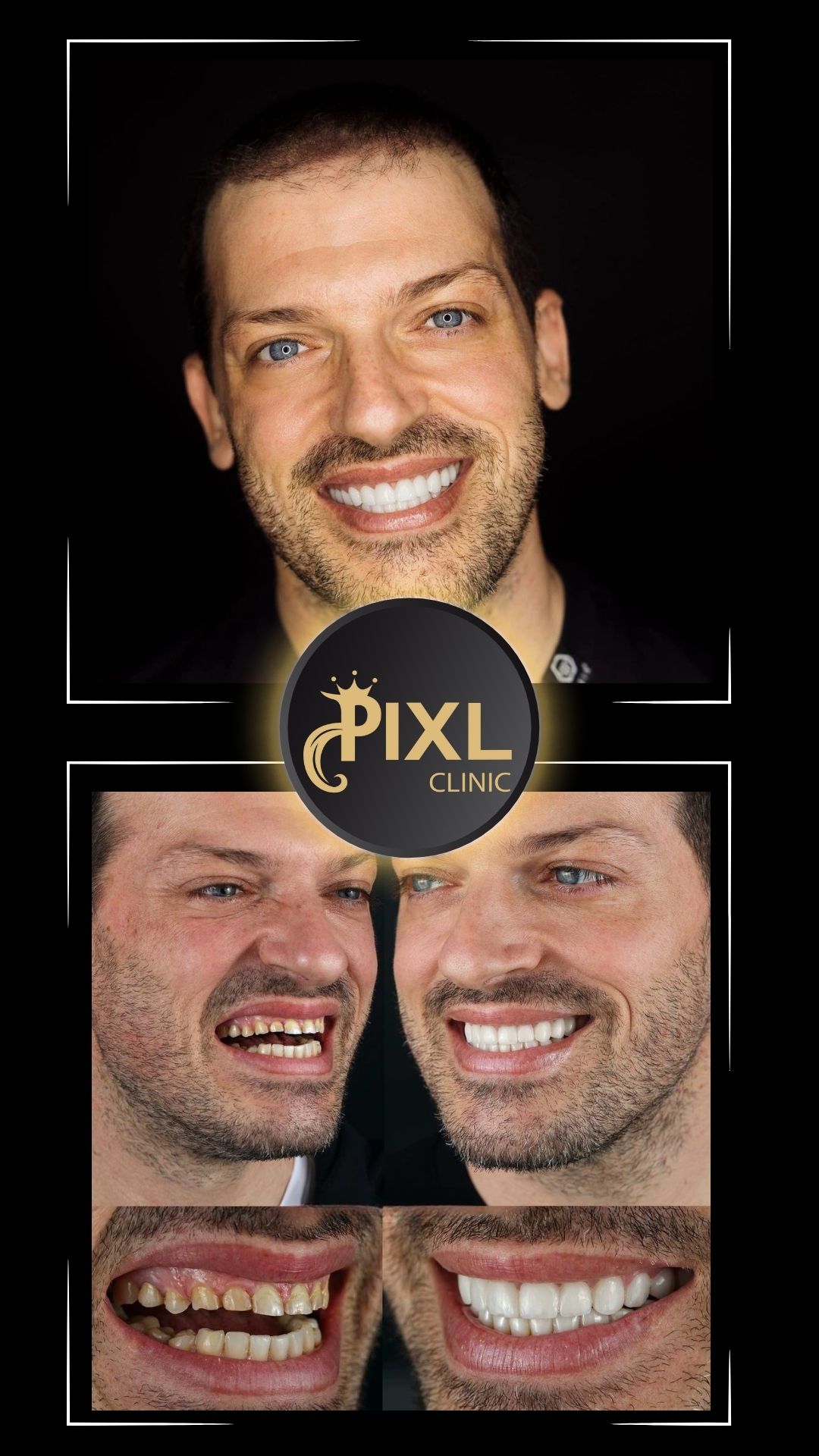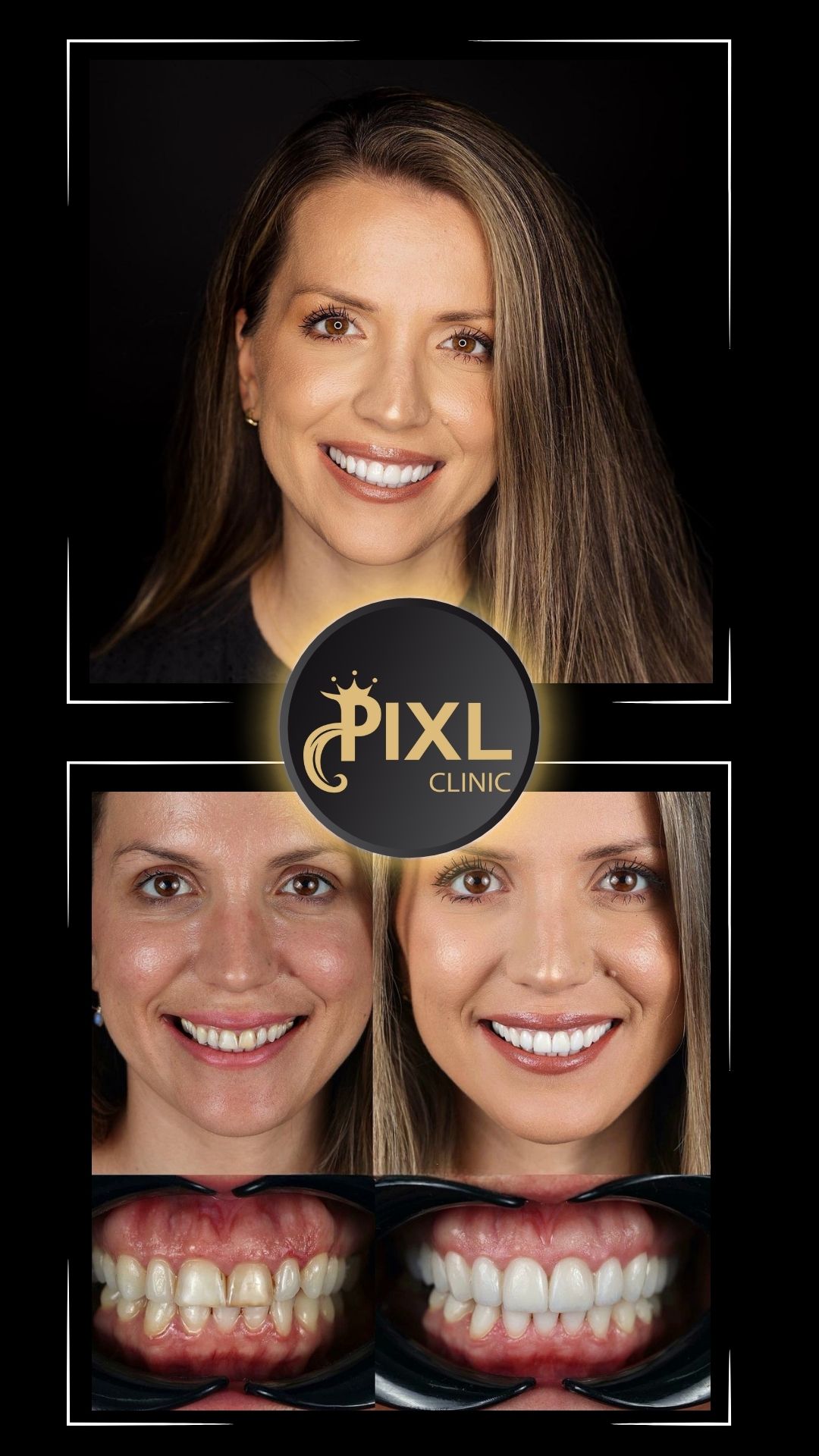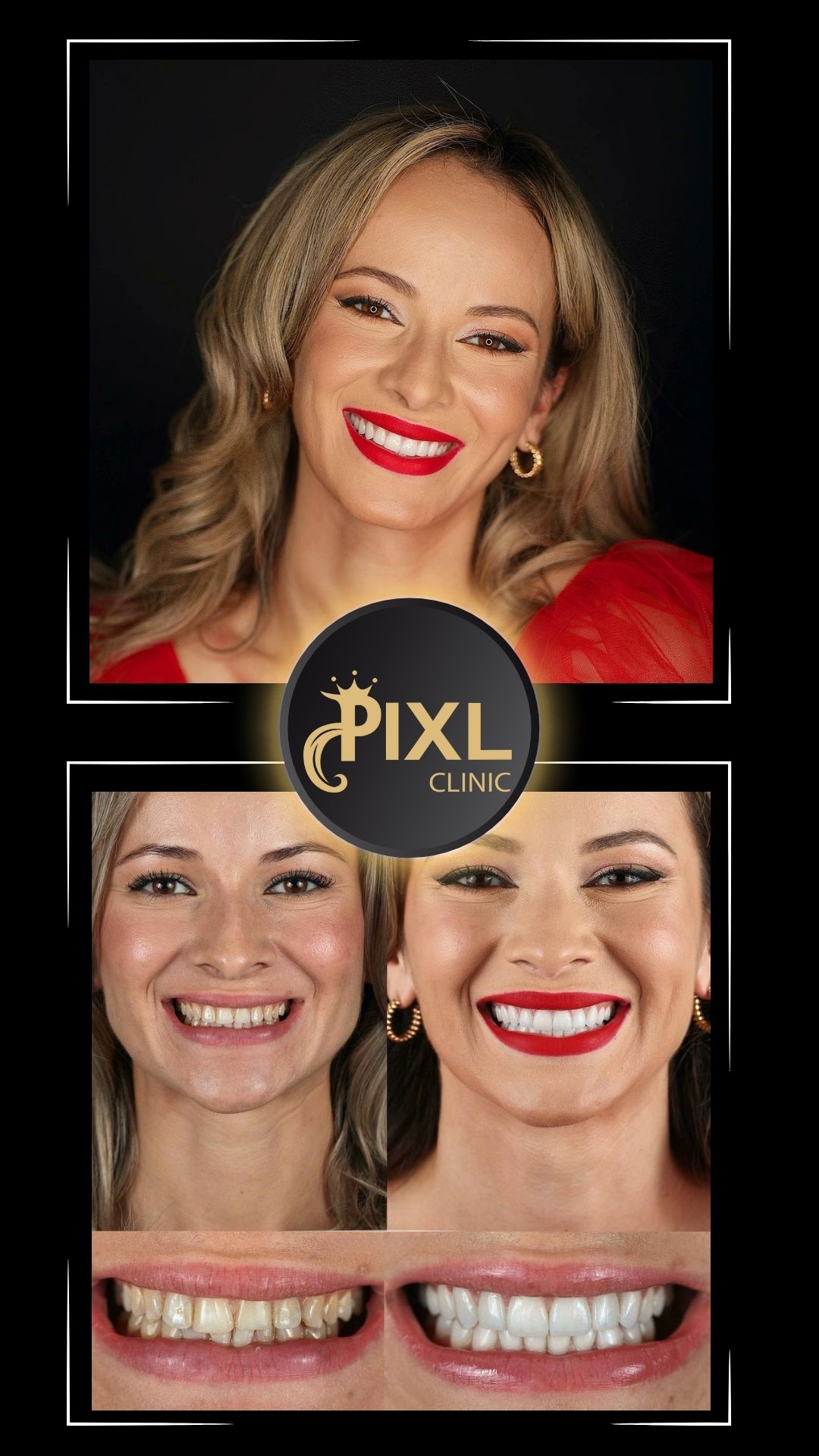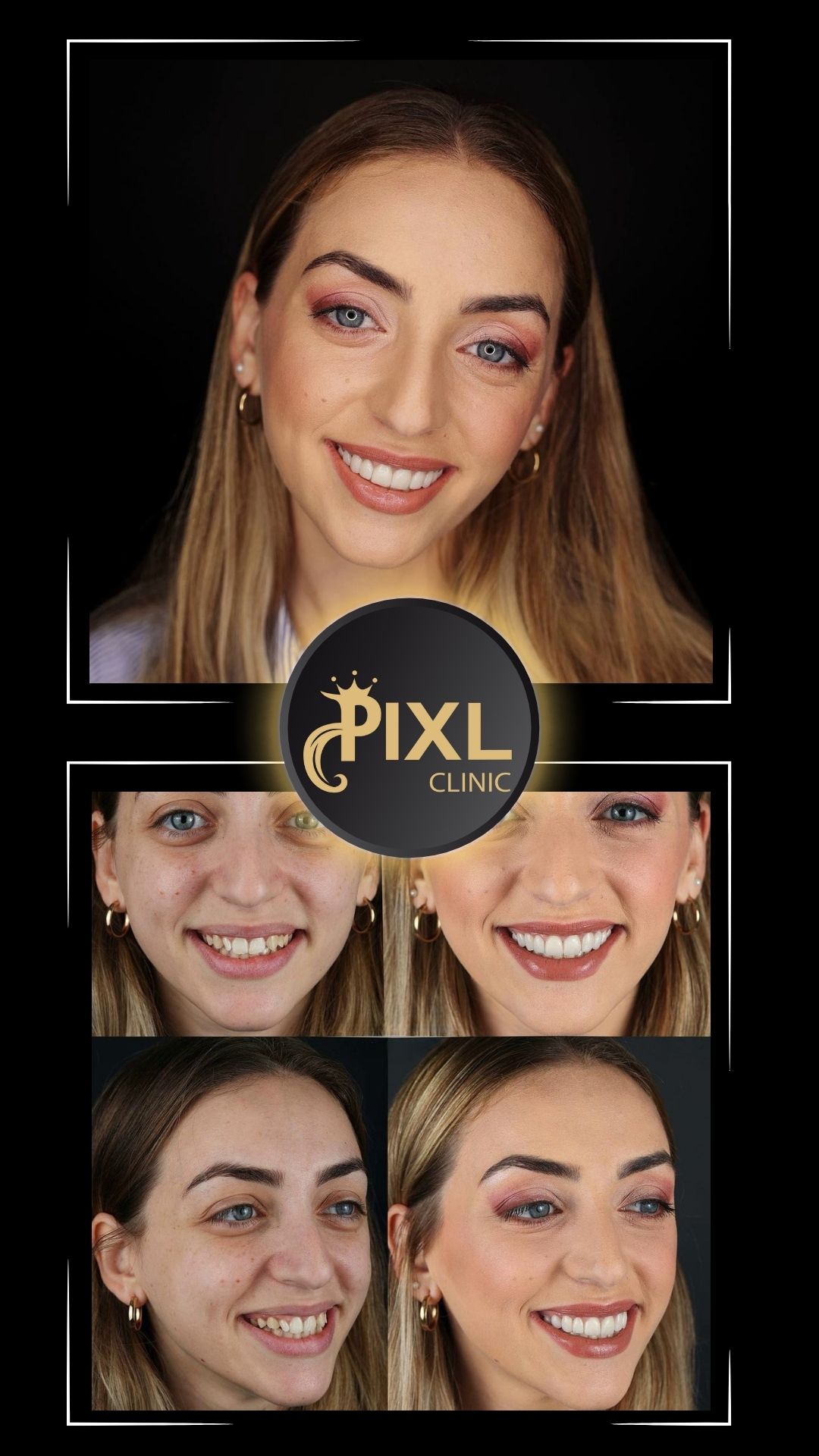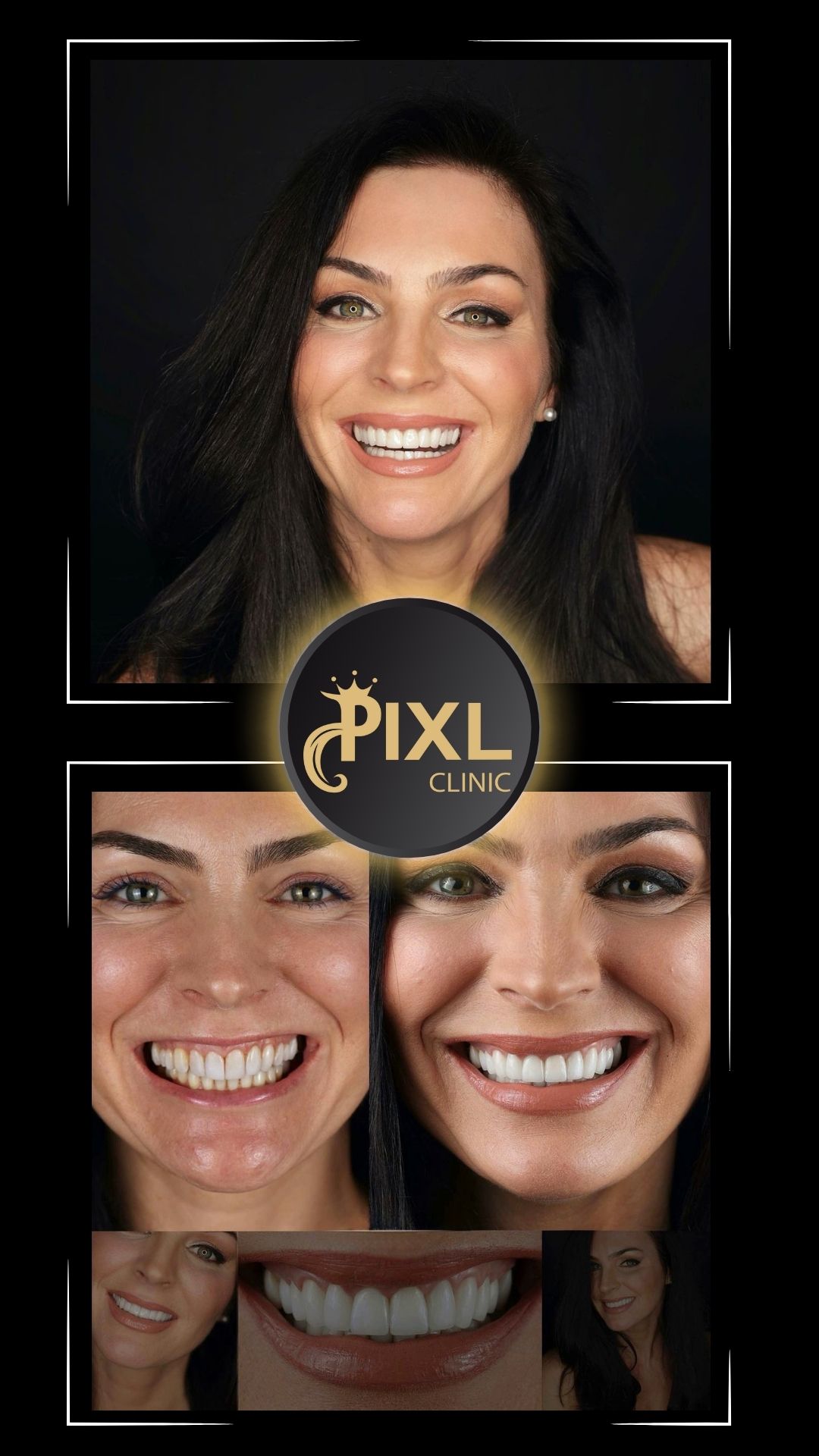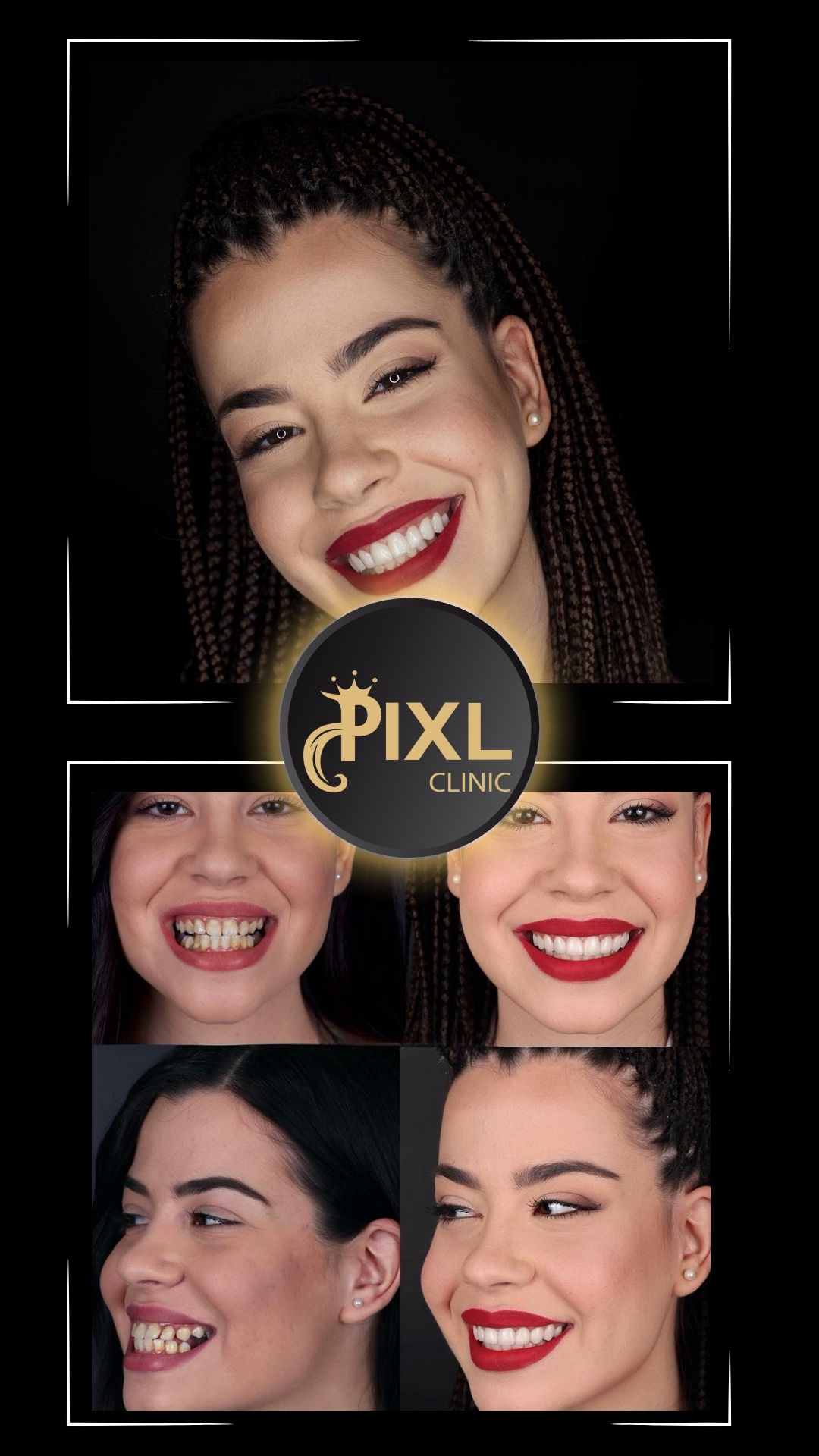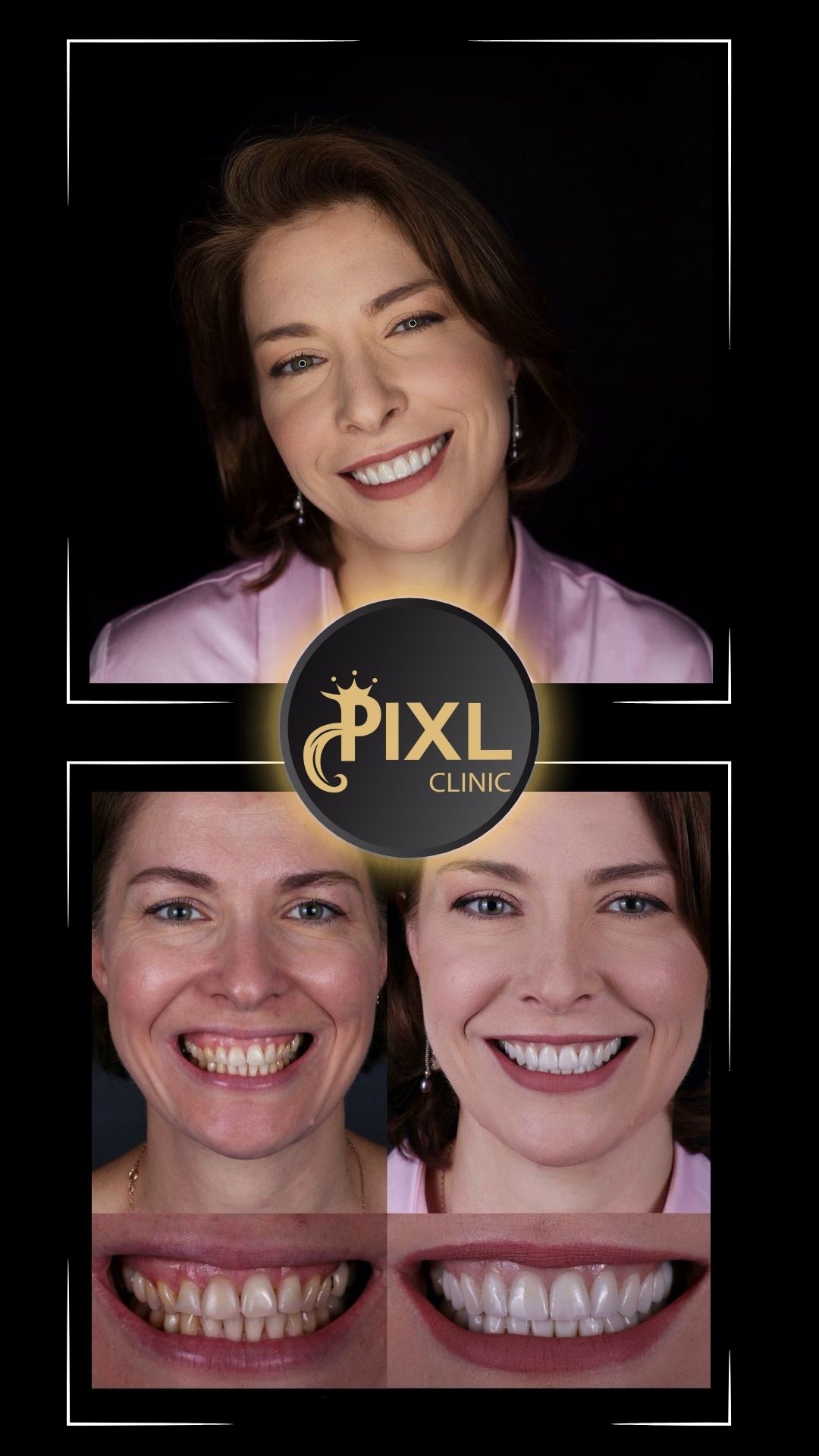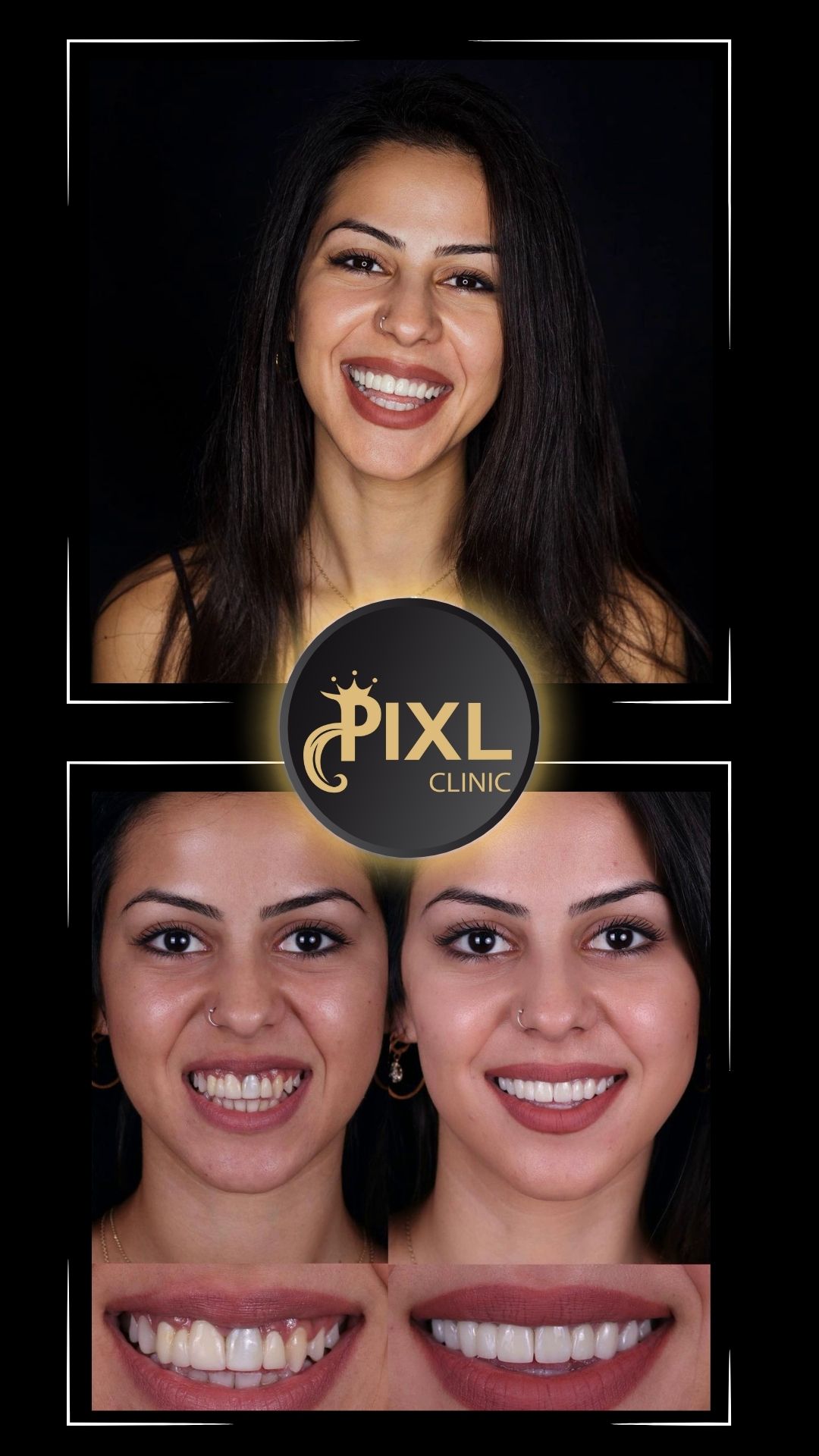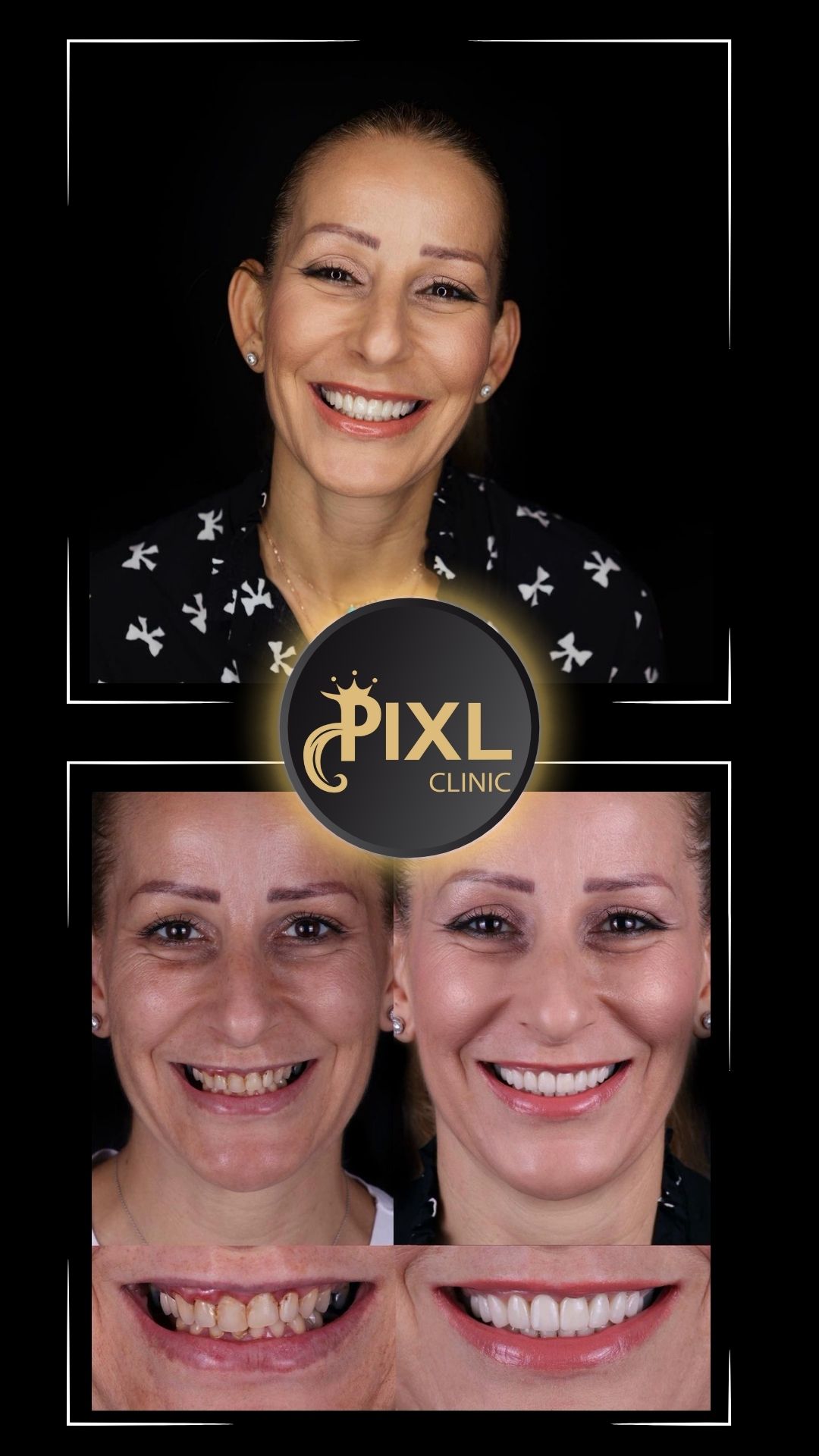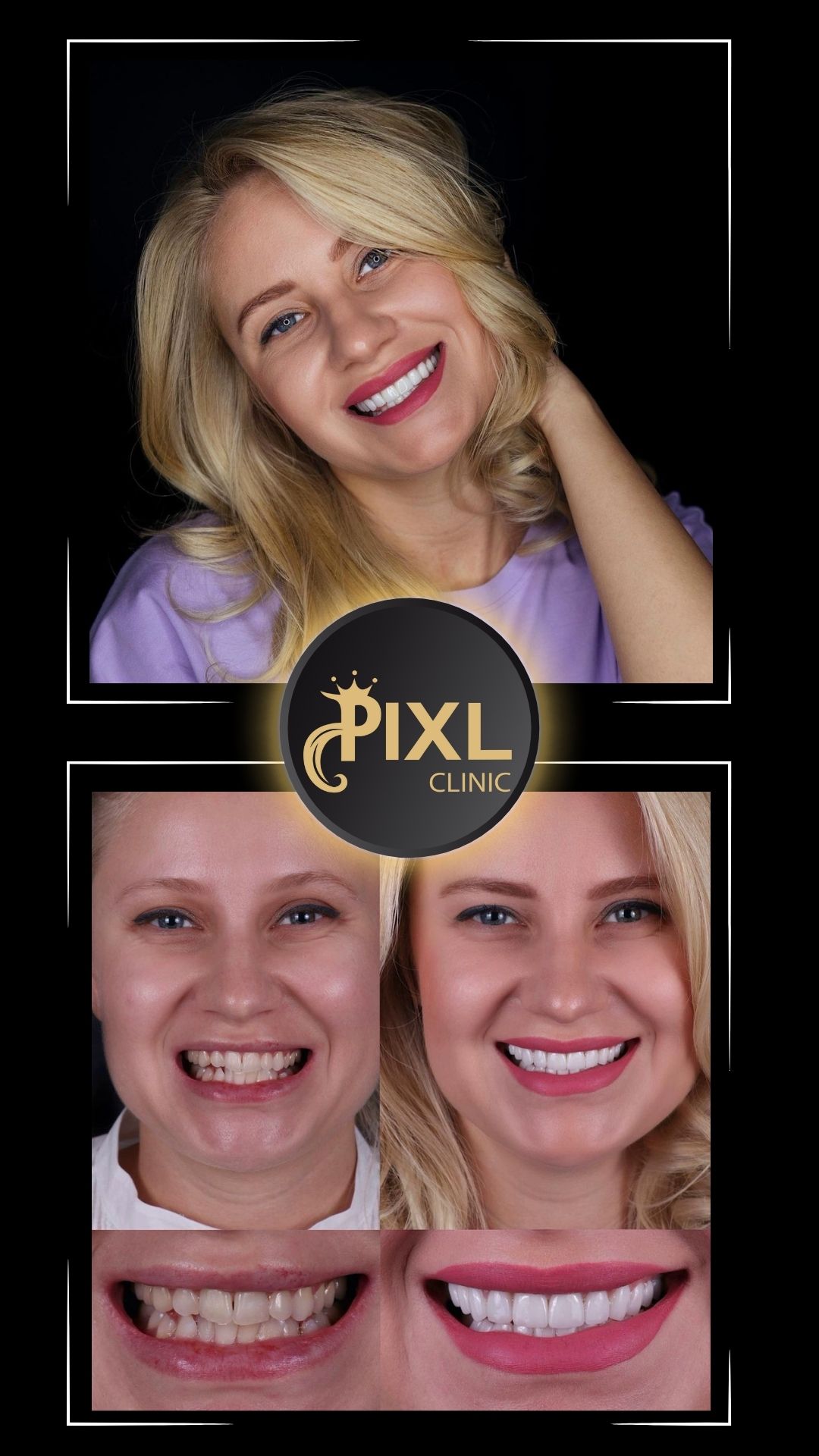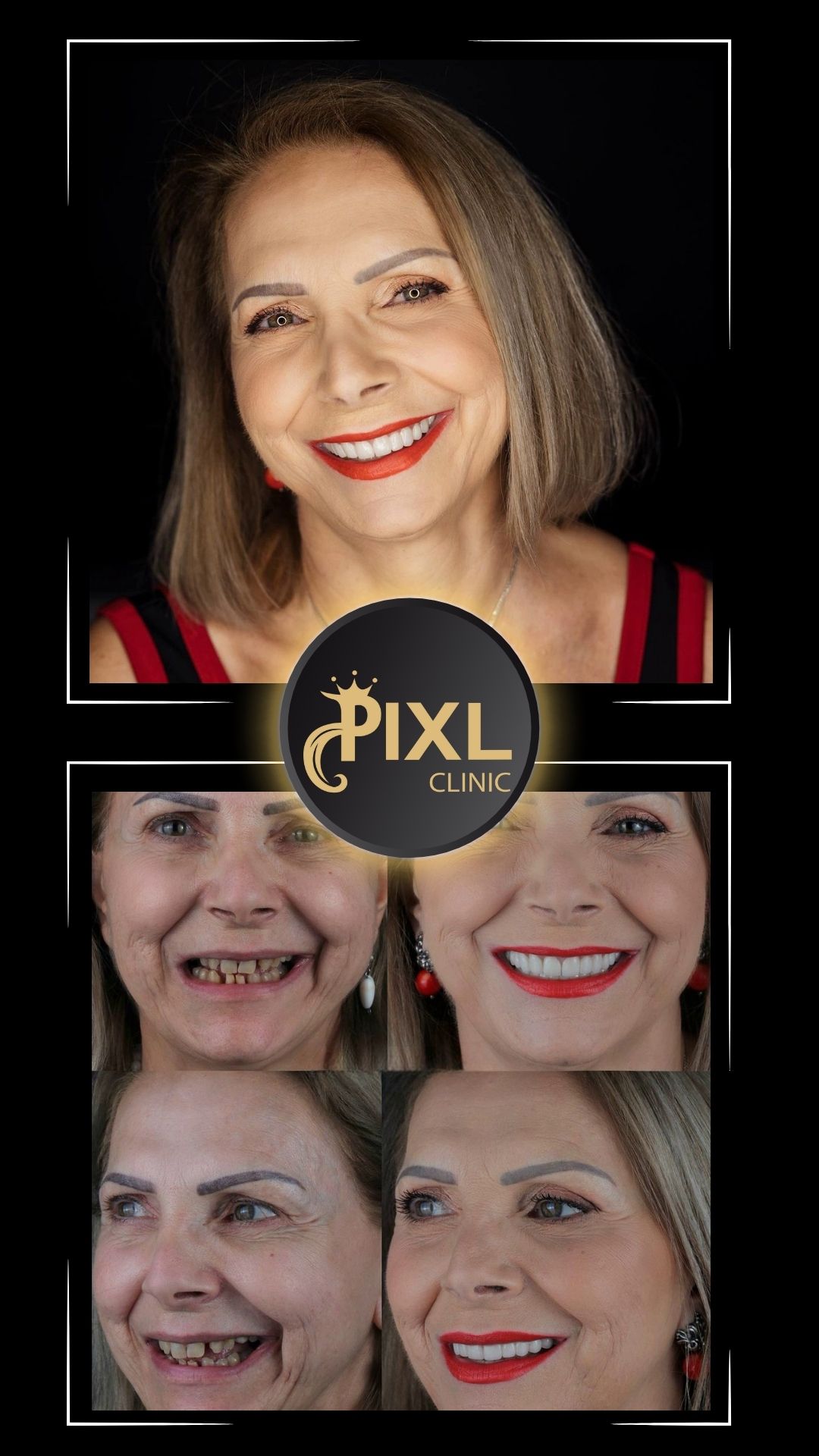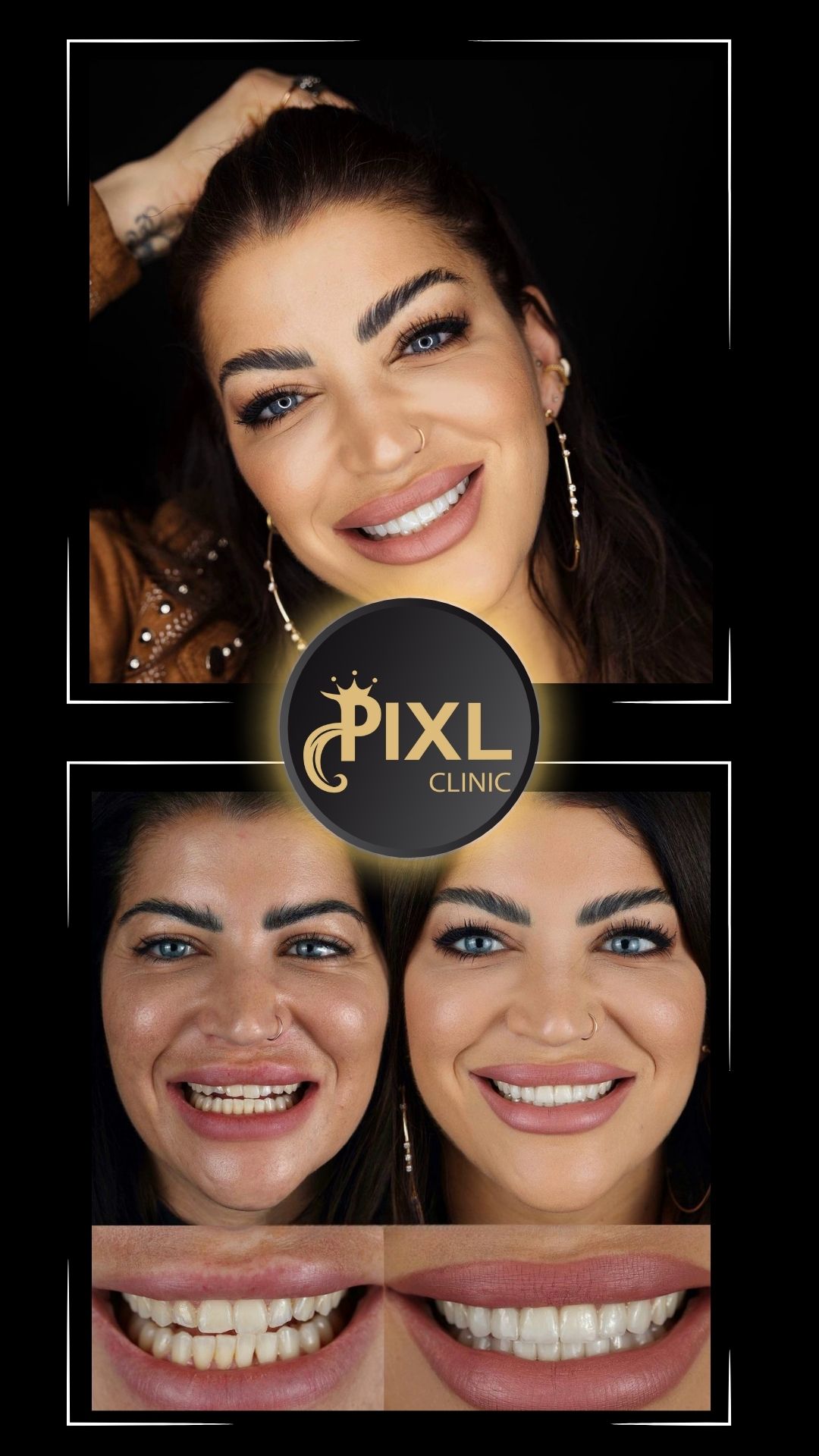Teeth Stains: 4 Natural Remedies for a Brighter Smile
A bright, white smile can boost confidence and leave a lasting impression. However, teeth stains caused by coffee, tea, red wine, smoking, or even aging can dull your pearly whites. While professional teeth whitening treatments are effective, they can be expensive and may not suit everyone. Fortunately, natural remedies can help reduce teeth stains and brighten your smile. Here are four simple and effective methods you can try at home.

1. Baking Soda and Hydrogen Peroxide
Baking soda is a natural abrasive that helps scrub away surface stains, while hydrogen peroxide is a mild bleaching agent that can brighten teeth.
How to use:
- Mix a small amount of baking soda with a few drops of hydrogen peroxide to form a paste.
- Gently brush your teeth with this mixture for about 1-2 minutes.
- Rinse your mouth thoroughly with water.
Tip: Use this remedy 1-2 times a week to avoid damaging your enamel.
2. Oil Pulling
Oil pulling is an ancient Ayurvedic practice that involves swishing oil in your mouth to remove toxins and reduce plaque, which can contribute to staining.
How to use:
- Take a tablespoon of coconut oil or sesame oil.
- Swish it around your mouth for 15-20 minutes.
- Spit it out (avoid swallowing), and rinse your mouth with warm water.
Bonus: Oil pulling also helps improve gum health and freshen your breath.
3. Activated Charcoal
Activated charcoal binds to surface stains and toxins, making it a popular natural teeth-whitening remedy.
How to use:
- Wet your toothbrush and dip it into activated charcoal powder.
- Brush your teeth gently for 1-2 minutes.
- Rinse thoroughly to remove any residue.
Note: Be cautious when using activated charcoal, as its abrasiveness may wear down enamel if used excessively.
4. Apple Cider Vinegar (ACV) Rinse
Apple cider vinegar has natural acidic properties that can help break down plaque and stains.
How to use:
- Dilute one part ACV with two parts water.
- Swish the mixture in your mouth for 30 seconds to a minute.
- Spit it out and rinse with plain water.
Warning: Avoid overusing ACV, as its acidity can erode enamel with frequent use.
Tips for Preventing Teeth Stains
- Brush and floss regularly to remove plaque and food particles.
- Rinse your mouth with water after consuming stain-causing foods and drinks.
- Use a straw when drinking beverages like coffee or tea to minimize contact with your teeth.
Final Thoughts While these natural remedies can help reduce stains and brighten your smile, consistency is key. For best results, combine these methods with a good oral hygiene routine and regular dental check-ups. If you have persistent stains or sensitivity, consult your dentist to explore other options tailored to your needs.
Give these natural remedies a try, and get ready to flash a brighter, more confident smile!
Frequently Asked Questions (FAQ): Natural Remedies for Teeth Stains
Are natural remedies for teeth whitening safe?
Yes, most natural remedies like baking soda, oil pulling, and activated charcoal are generally safe when used correctly. However, overuse of abrasive or acidic substances can harm enamel, so it’s important to follow guidelines and use these remedies in moderation.
How often should I use these remedies?
- Baking Soda and Hydrogen Peroxide: 1-2 times a week.
- Oil Pulling: Daily for overall oral health.
- Activated Charcoal: Once a week to avoid enamel wear.
- Apple Cider Vinegar Rinse: 1-2 times a week, always diluted.
How soon will I see results?
Results vary depending on the severity of stains and the method used. Some people notice slight improvements within a week, while others may require consistent use over several weeks to see noticeable changes.
Can I use these remedies if I have sensitive teeth?
If you have sensitive teeth, proceed with caution. Avoid harsh abrasives like baking soda or activated charcoal and opt for gentler methods such as oil pulling. Always consult your dentist before trying new remedies.
Do these remedies work for all types of stains?
Natural remedies are most effective for surface stains caused by food, beverages, or smoking. They may not be as effective for deep stains or discoloration caused by genetics, medication, or dental trauma.
Can these remedies replace regular brushing and flossing?
No, these remedies are meant to supplement your oral hygiene routine. Regular brushing with fluoride toothpaste, flossing, and dental check-ups are essential for maintaining healthy teeth and gums.
Are there any side effects of using natural whitening methods?
- Baking Soda/Activated Charcoal: Overuse can erode enamel and cause sensitivity.
- Apple Cider Vinegar: Excessive use can weaken enamel due to its acidity.
- Oil Pulling: Generally safe, but some may experience mild jaw discomfort if swishing for too long.
What if the stains don’t go away?
If natural remedies don’t work, consult your dentist. They can recommend professional treatments like in-office whitening, veneers, or other procedures to address persistent stains.
Are these remedies suitable for kids?
Mild remedies like oil pulling or baking soda (in small amounts) may be safe for older children, but consult a dentist before use. Avoid remedies like activated charcoal or apple cider vinegar for young children due to their abrasiveness and acidity.
Can I combine these methods for faster results?
It’s better to stick to one method at a time to avoid over-exposing your teeth to abrasives or acids. Combine these remedies with good oral hygiene practices for optimal results.

